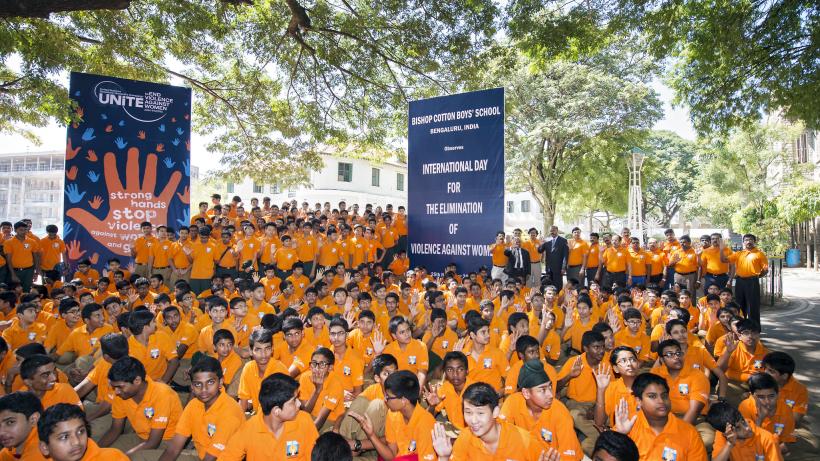Assessing the long-term effects of participation in a gender transformative programme in adolescence: A follow-up study of young men in Bihar
Working with young men from an early age has been proposed as a potential solution to transform traditional gender norms. However, programmes to change gender norms among young men remain sparse in India and elsewhere. A review of interventions to engage young men revealed that most evaluations tend to have shorter follow-up periods. Also, they lack differential effectiveness analysis to understand which interventions are most effective with which populations or analysis to understand appropriate dosage. Additionally, evaluations of these interventions fail to measure the change in violence against women and girls (VAWG) as an outcome and focus heavily on attitudinal measures. This is problematic as the assumption of a linear progression from attitude change to behaviour change is untenable. The extent to which newly internalised gender-egalitarian notions are sustained over time and result in adoption of protective actions, including refraining from violence in relationships as boys transition into sexual life, remains unexplored in India.
This study follows up on a successful pilot intervention using gender-transformative life-skills education and sports coaching (Do Kadam project) to instil positive notions of masculinity in boys. The study will re-examine boys from the pilot about five years after the endline survey. The intervention’s effect on reducing VAWG and increasing contraceptive uptake in pre-marital and marital relationships will then be assessed.
The study seeks to generate evidence on the long-term effects of participation in gender-transformative programmes in two critical domains, VAWG and the unmet need for contraception. The study will conduct a quantitative survey, using a structured questionnaire to meet the study objectives.
If these explorations prove successful, evidence could be used for replication and integration of lessons from the original intervention into ongoing programmes of Ministries of Youth Affairs and Health and Family Welfare in Bihar and elsewhere in India. The results can also add to the evidence about the effectiveness of programmes for young men using the peer mentor approach evidence of which is currently lacking.




